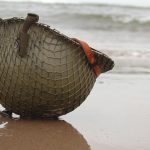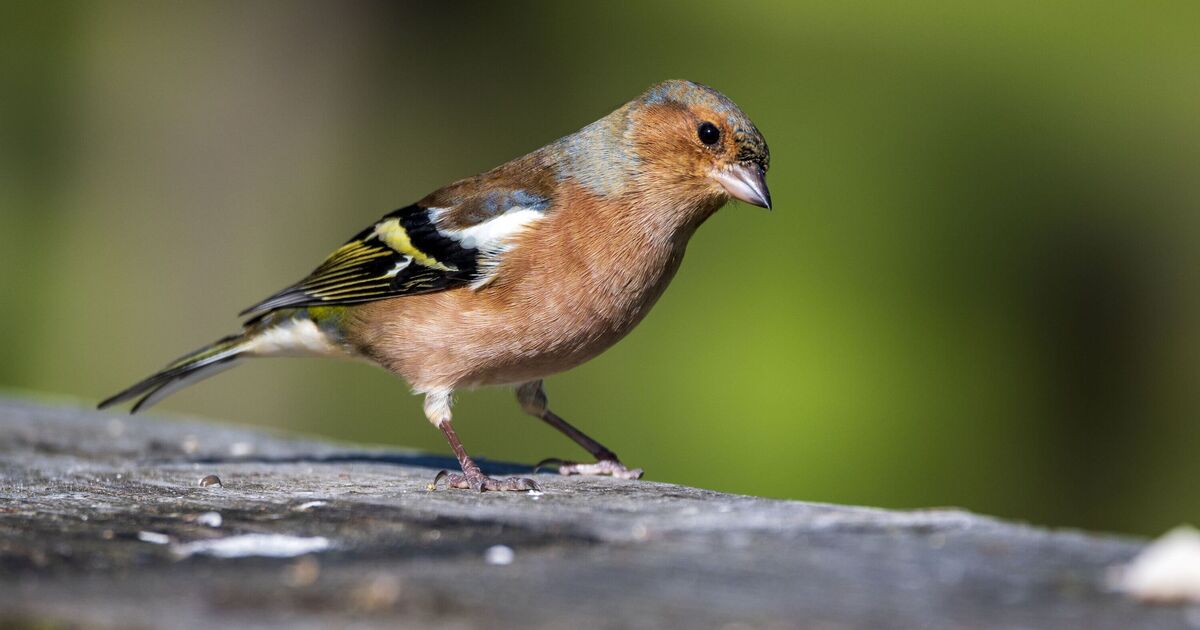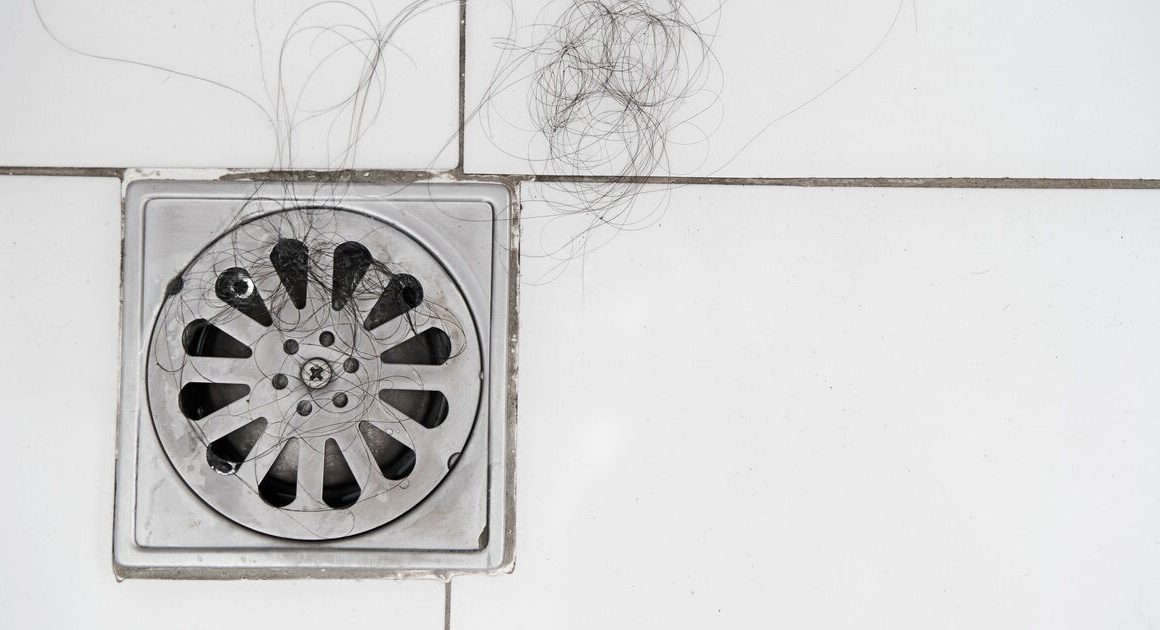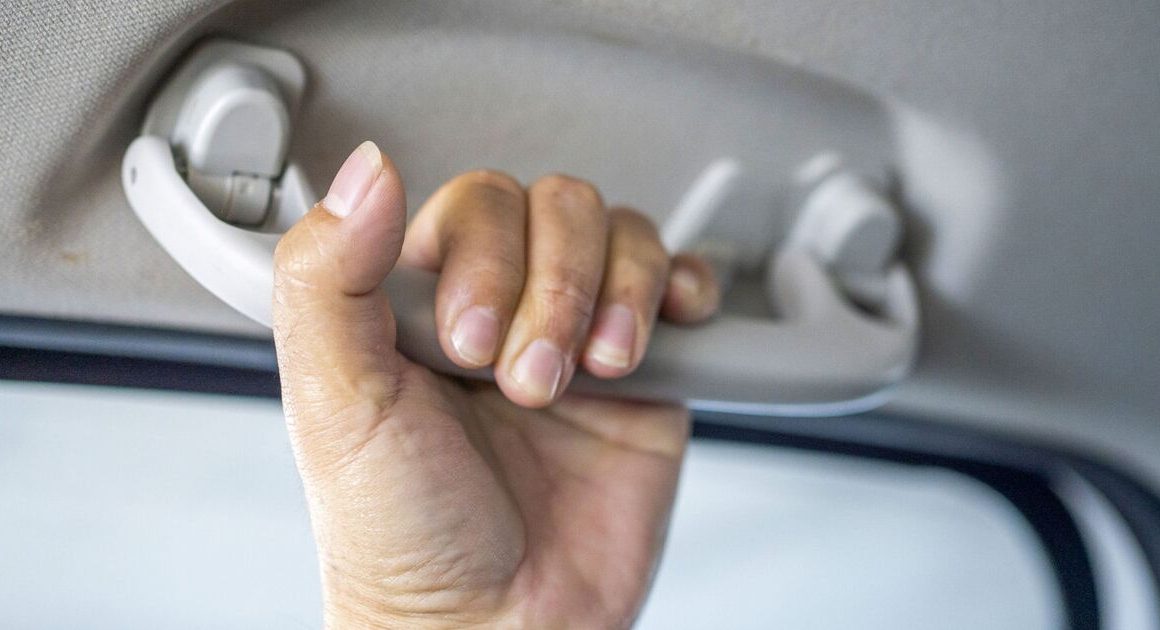Gardeners across the UK are being warned to never feed birds one type of popular fruit as it can be harmful – and even fatal – if consumed.
While garden birds love to feast on an array of fruits, including apples, pears, berries and bananas, they should never be given avocado to munch on. Avocados contain a toxin called persin which can cause heart damage, difficulty breathing and death in some cases. The toxin is harmless to humans but potentially fatal to birds, even if only consumed in small amounts.
Warning signs that a bird has consumed avocado include collapse, lethargy and heavy breathing, and they should be rushed to veterinary care immediately.
The Illinois College of Veterinary Medicine explains: “Avocados contains persin, which is toxic to the heart in several species, but not humans. All parts of the plant—skin, meat, pit, leaves—contain the toxin. The most common signs of persin toxicity in birds are collapse, lethargy, heavy breathing, and sudden death.
Dr Krista Keller, veterinary specialist in zoological medicine, explains: “A bird that has ingested avocado should be rushed to the nearest emergency veterinary facility.
“If the avocado was eaten very recently, it may be possible to remove it from the bird’s crop, a pouch in the esophagus where food is stored before it moves to the stomach and is digested.
“Other emergency treatments include giving activated charcoal to bind the toxin and prevent absorption and giving cardiac medications to address any negative effects of the toxin. The best treatment is actually prevention!”
Wildlife experts also advise against fat balls – or suet – to birds in spring as they can melt and turn rancid in the warmer weather.
This is particularly true of homemade fat balls, but even if you buy commercially made ones – which are generally heat resistant – it’s still important to make sure they are eaten quickly and thrown away if they start to turn bad.
Really Wild Bird Food explains: “These [fat balls] can easily go soft and rancid in the heat so should be avoided. Commercially made fat products are suitable for use in the warmer months, but may not be as popular and so any uneaten product should be discarded after three weeks.”












